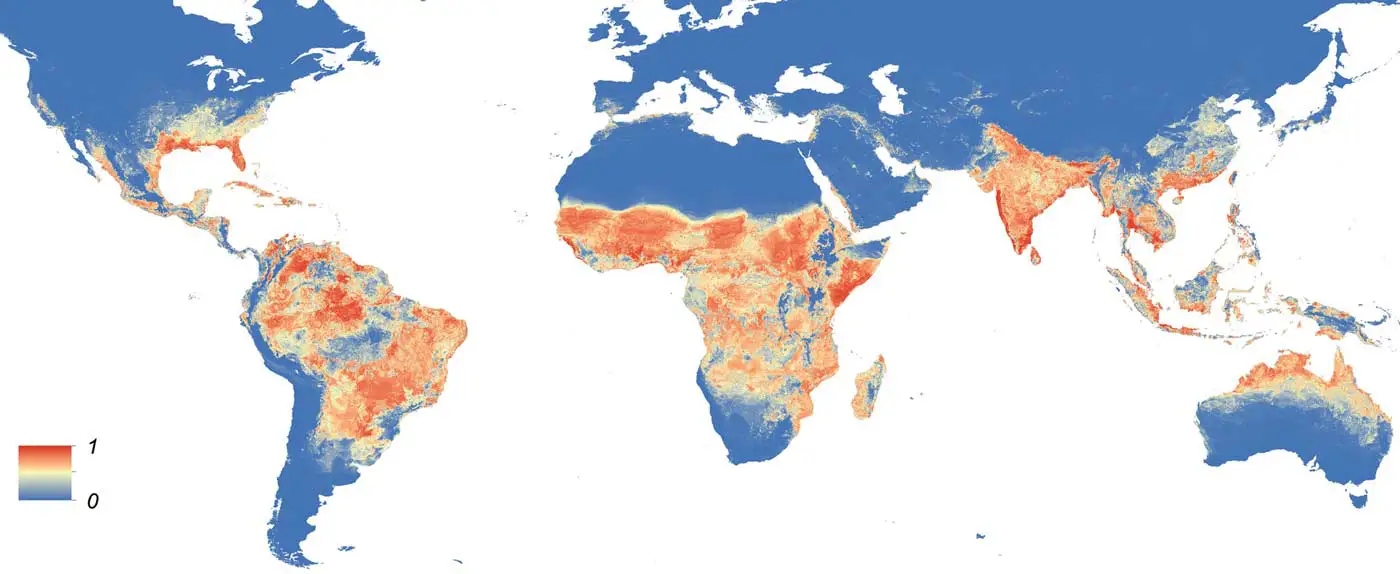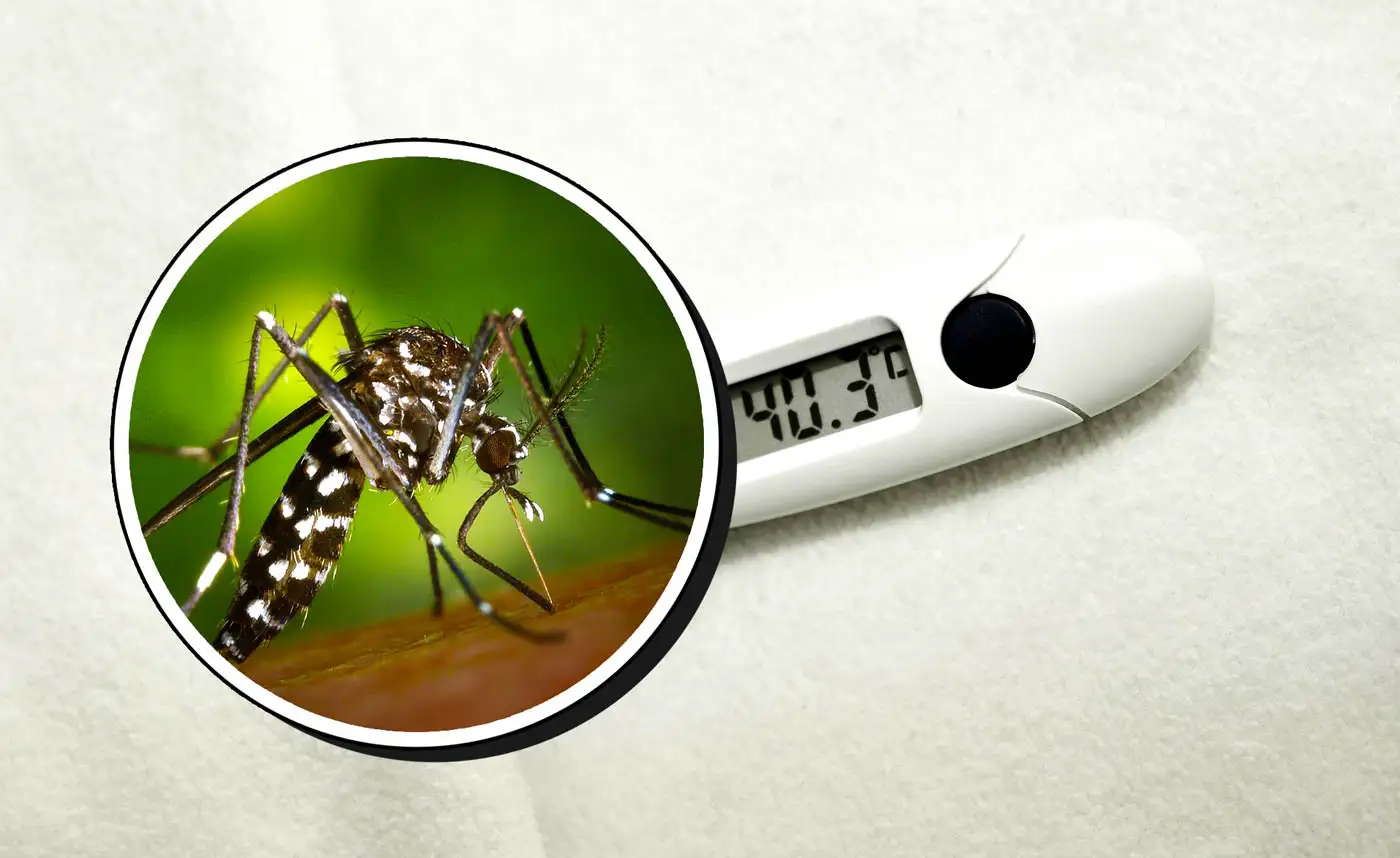Health Authorities Confirm Dengue Cases in the Region
Two cases of dengue have been confirmed in Madeira, according to the National Health Institute Doutor Ricardo Jorge (INSA). Both infected people live in the area where a mosquito carrying the dengue virus was caught in the third week of January.
No Other Suspected Cases Reported
The Regional Health Authority said that since the symptoms appeared at the beginning of January, these cases no longer pose a risk of spreading the virus through mosquitoes. At the moment, no other suspected cases of dengue have been found in the Autonomous Region of Madeira.
What Mild to Moderate Dengue Symptoms Can Look Like
High fever (up to 40°C)
Severe headaches
Pain behind the eyes
Muscle, joint, and bone pain ("breakbone fever")
Nausea and vomiting
Skin rash (appears after a few days)
Mild bleeding (nosebleeds, gum bleeding, or easy bruising)

No Ongoing Risk as Virus Transmission Stops
Officials stated that both infected individuals are no longer able to pass the virus to mosquitoes, reducing the risk of new cases. These are the first confirmed cases in the region this year, and health workers are keeping a close watch to ensure the situation stays under control.
The Regional Health Directorate (DRS) continues to monitor and control mosquito populations. Tests on mosquito samples taken after January 27, 2025, have not found the dengue virus.
Authorities Urge Preventive Measures
The Regional Health Authority again stresses that the public must help control mosquito numbers. People are advised to remove standing water where mosquitoes breed and use insect repellent to prevent bites.
Health officials say early detection and fast action are key to stopping further cases. They are working with local health units in Funchal to maintain strict monitoring and response plans.
Does a Bite From an Infected Mosquito Mean I'll Get Dengue?
Not everyone bitten by an Aedes mosquito gets infected with dengue. Even if infected, not everyone develops symptoms. In fact, most dengue cases are either asymptomatic or cause only mild symptoms.
What to Do If You Have Symptoms?
Drink plenty of fluids (to prevent dehydration)
Rest as much as possible
Take paracetamol (acetaminophen) for fever and pain (avoid aspirin & ibuprofen, as they increase bleeding risk)
Seek medical help if symptoms worsen, especially signs of severe dengue.








Comments